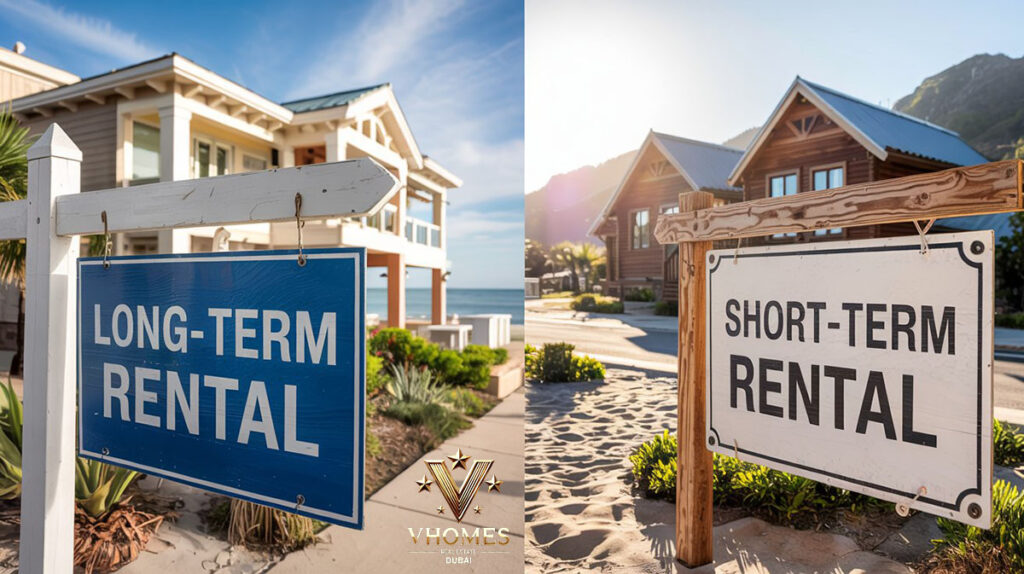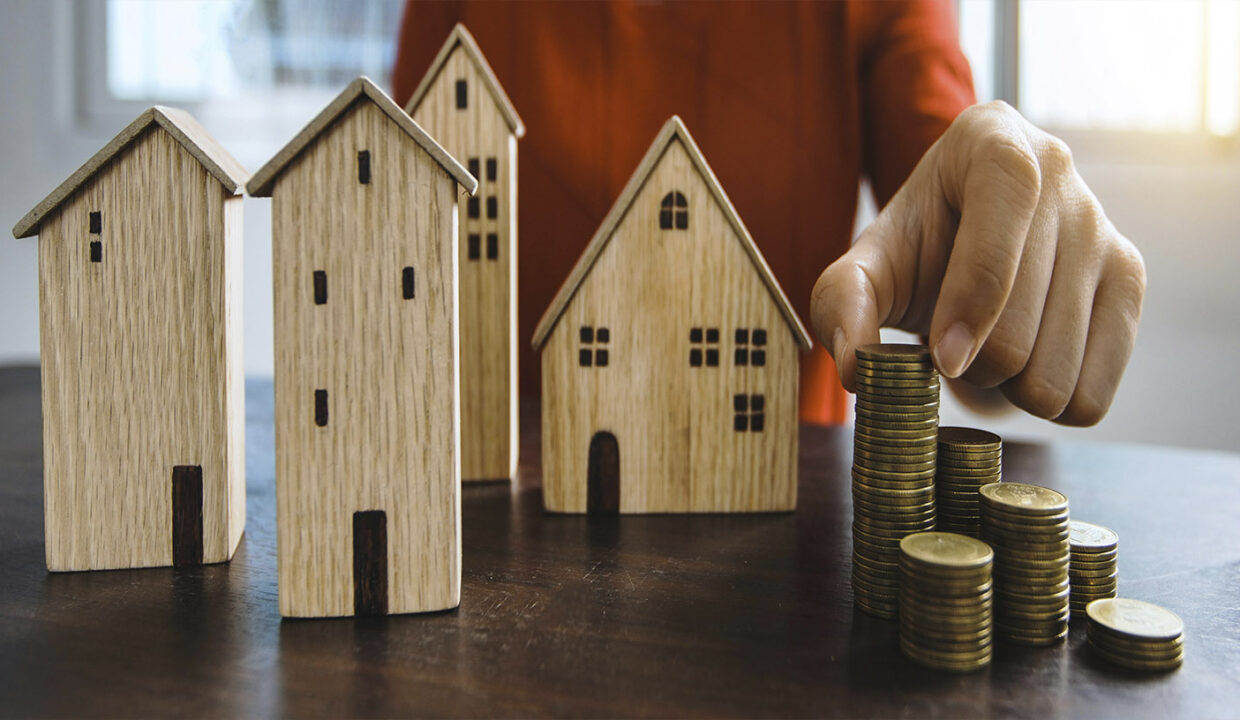
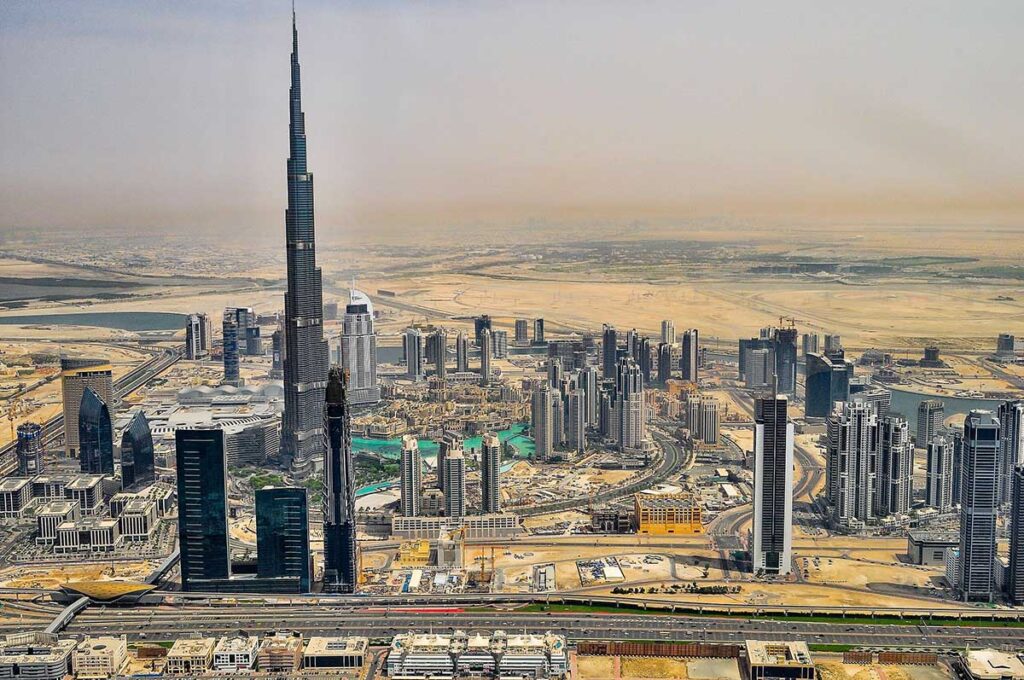
Are you ready to invest in real estate but feeling unsure about where to begin? You’re not alone—many first-time investors face similar challenges. The good news is, with the right guidance, you can confidently enter the market and make informed decisions.
You are the hero of this story, and I’m here to help. With years of experience in the Dubai real estate market, we’ll guide you through every step and ensure you avoid common pitfalls.
In this article, we’ll cover the key steps to purchasing your first investment property:
- Understanding different property types and financing options
- Choosing the right strategy and location
- Managing risks and maximizing returns
Start reading now, and take the first step toward making your first smart investment.
By the end of this article, you’ll have the knowledge to confidently invest in Dubai’s real estate market and set yourself up for success.
1. Discovering Dubai’s Property Market for Investment Buyers
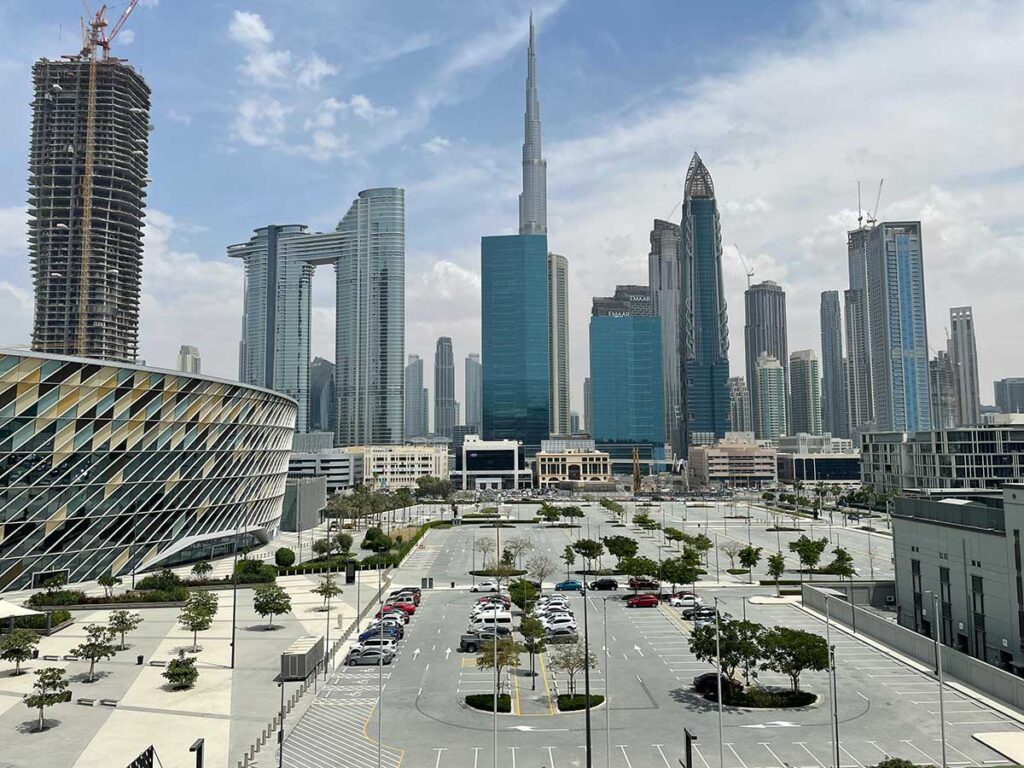
Dubai’s property market is a thriving and dynamic sector, offering a wide range of investment opportunities for local and international investors. The city’s strategic location, world-class infrastructure, and tax-free environment make it an attractive destination for those looking to purchase property.
With its strong rental yields and high demand for residential and commercial properties, Dubai remains a top choice for property investors. The Dubai Land Department controls the property market.
It makes sure all deals are safe and clear. Whether you’re a seasoned investor or a first-time buyer, Dubai’s property market has something to offer.
2. Understanding the Basics of Investment Properties in Dubai
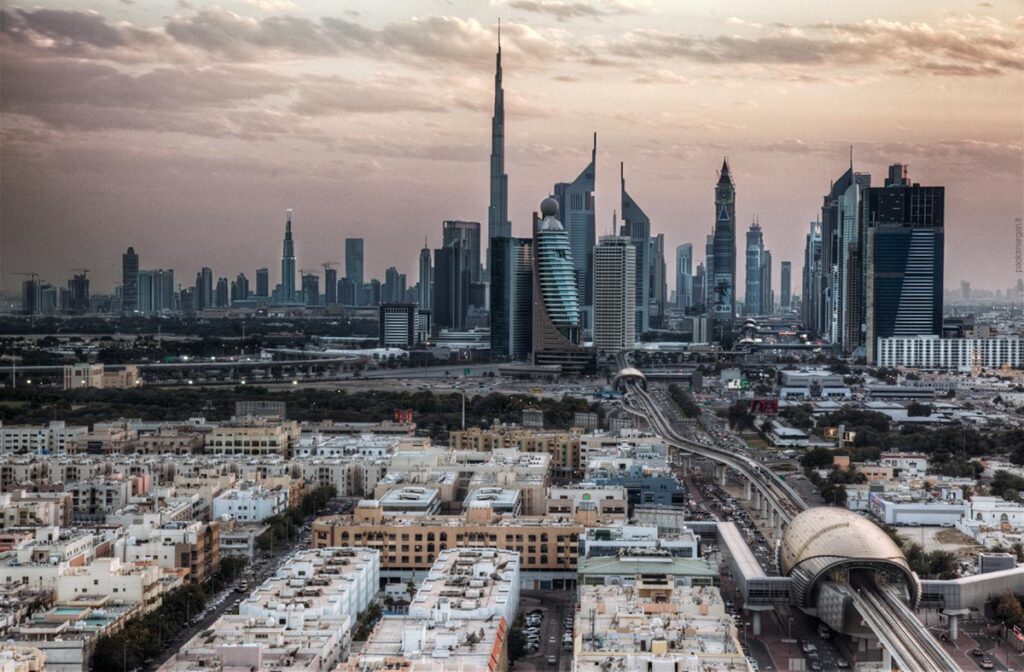
Buying investment property in Dubai requires knowing the market, types of properties, and risks. Dubai has no income tax, so profits are higher. High rents and growing property values make it a smart place to invest. This section explains the types of properties, benefits, and risks to help investors make smart choices.
Types of Investment Properties

Dubai has different types of investment properties. The main ones are residential, commercial, and mixed-use. Aligning your investment goals with the right property type is crucial for maximizing returns. Understanding the local legal framework is crucial when investing in Dubai properties.
Residential includes apartments, villas, and townhouses. Commercial means offices, shops, and warehouses. Mixed-use combines homes, shops, and offices in one place. Each type has its own benefits.
Choose what matches your investment goal and consider the comprehensive details surrounding the purchasing process to ensure informed decision-making and maximize investment outcomes.
Benefits of Investing in Real Estate
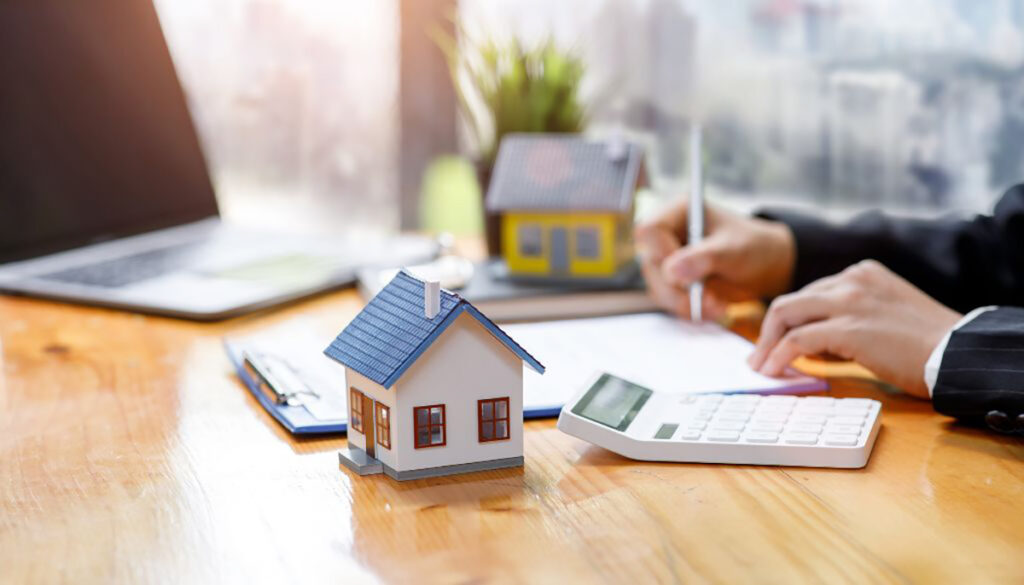
Dubai real estate has many benefits. Strong rental yields are a key benefit, often ranging from 6% to 10% yearly. There are no taxes on rental income. Additionally, the absence of inheritance tax further enhances the appeal of investing in Dubai real estate.
This means more profit for investors. Property values often go up over time. This is because of growth and tourism. Investing in freehold areas allows for complete ownership without time restrictions, making it an attractive option for foreign investors.
Understanding future development plans is crucial, as areas with planned developments are likely to appreciate over time. Many people invest to build long-term wealth.
Risks and How to Mitigate Them
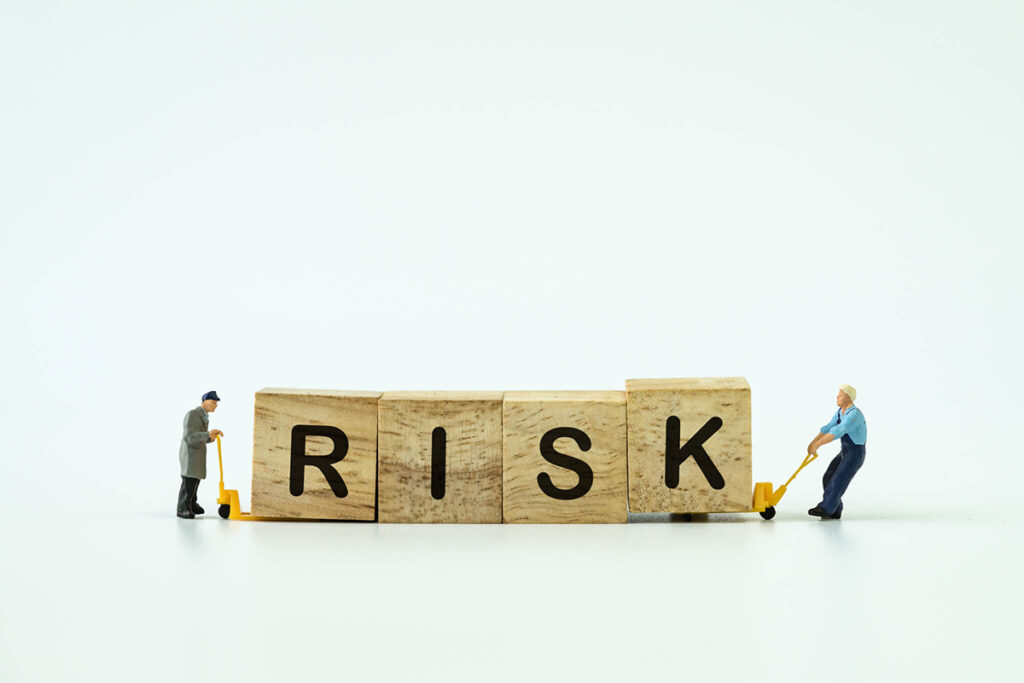
Every investment has risks. Understanding the limitations of leasehold agreements, such as needing landholder permission for renovations, is crucial for mitigating risks. Property prices can go up and down. Leasehold ownership lets you invest for a set time. But it has some rules that buyers need to know.
Additional costs, such as registration fees, agency commissions, and maintenance fees, can also impact your budget. Laws can change anytime. Some tenants may not pay rent. To reduce risk, learn about the market.
Follow the latest rules. Work with qualified real estate agents like “V homes” to navigate legal complexities and avoid scams. Use a good property manager. This helps protect your money.
3. How to Invest in Your First Rental Property in Dubai
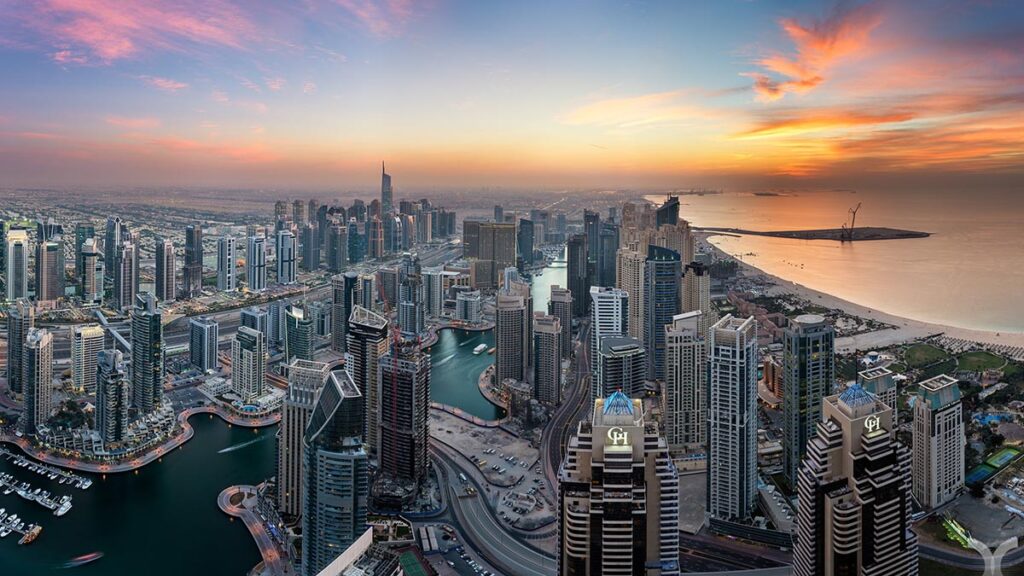
Investing in homes in Dubai can be smart. One of the key advantages of investing in Dubai is the absence of property taxes, which enhances the overall returns on investment. You need to know the market and rental options.
Owners must pay yearly service and maintenance fees. These are part of the cost. Have all the right papers ready. Learn the rules before purchasing property. With good planning, you can earn money and avoid problems.
Long-term vs Short-term Rental Strategies
In Dubai, you can choose long-term or short-term rentals. Off-plan properties are a popular choice for investors due to their affordability and potential for value growth. Short-term rentals offer strong rental yields, making them an attractive option for investors.
Seasoned investors often leverage these strategies to diversify their portfolios and maximize returns. Long-term means renting for a year or more. It gives steady income and fewer tenant changes. It works well in family areas.
Short-term rentals are for tourists and visitors. They can make more money per night. But they need more work and have ups and downs. Pick the one that fits your time and risk level.
Required Documents and Approvals
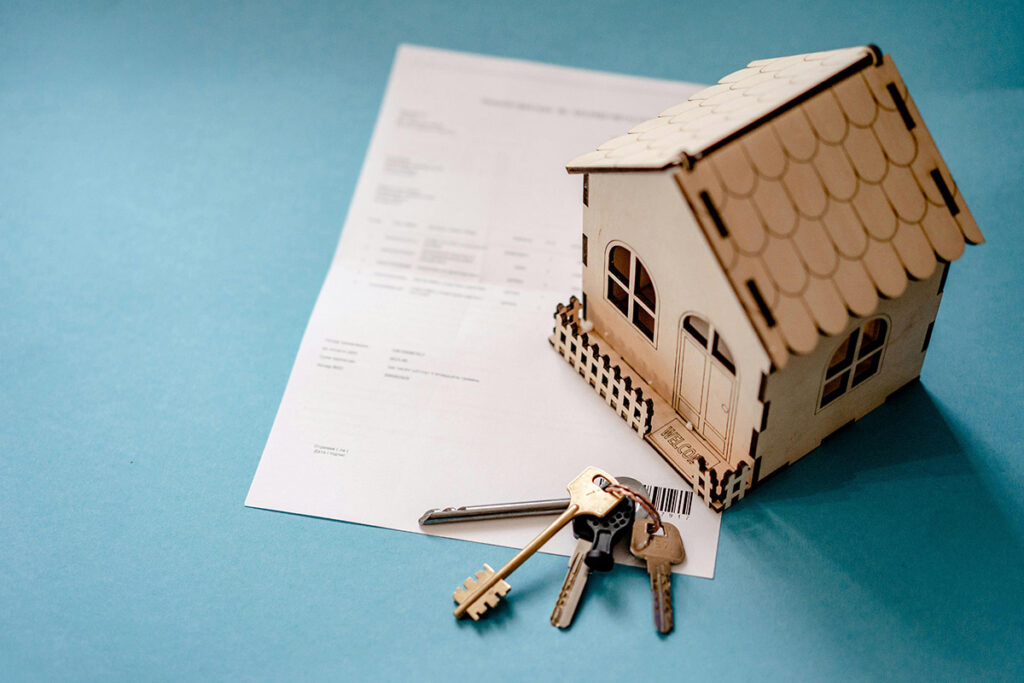
To rent out property in Dubai, you need some legal papers. It is crucial to understand the local legal framework to ensure compliance with all regulations. If you want to manage it yourself, you may need a residency visa. Some areas also need a No Objection Certificate (NOC) from the developer.
You must register the property with the Dubai Land Department. You also need to pay fees and get a title deed. Follow all local rules to avoid problems. Having the right papers makes the process easier.
Upcoming Neighborhoods with High ROI Potential
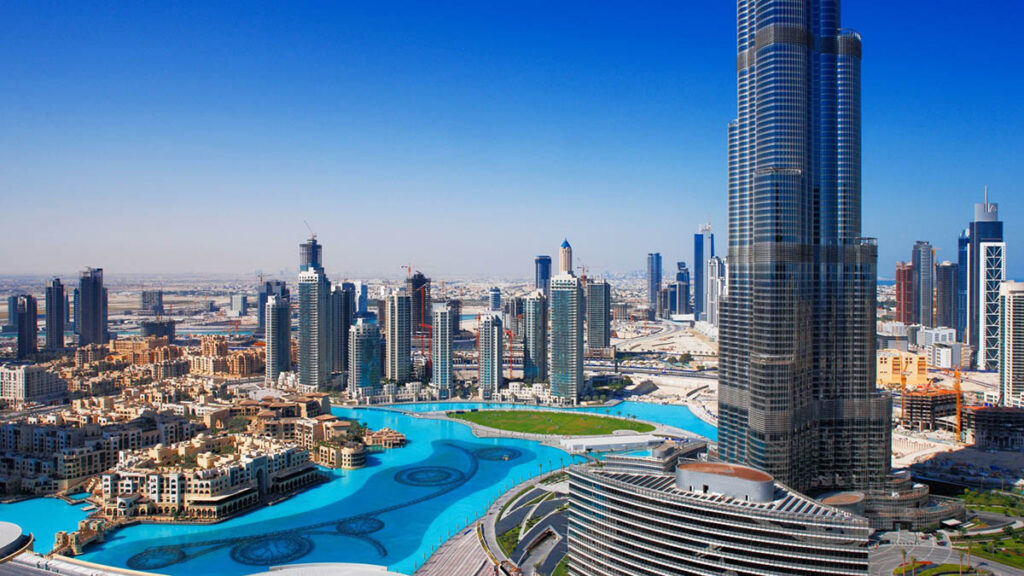
Choosing the right area is key. Places like Dubai Marina and Downtown Dubai are popular and grow fast. They offer higher rental returns and property value growth. Palm-shaped islands attract a lot of investors for their luxury properties.
New areas like Dubai South and Mohammed Bin Rashid City are also developing quickly. These areas have new roads and government support, which can increase property value. Prices are low now but could rise. Research transport and nearby shops to make better decisions. Good research helps you get better returns.
4. Popular Areas to Buy Investment Property In Dubai
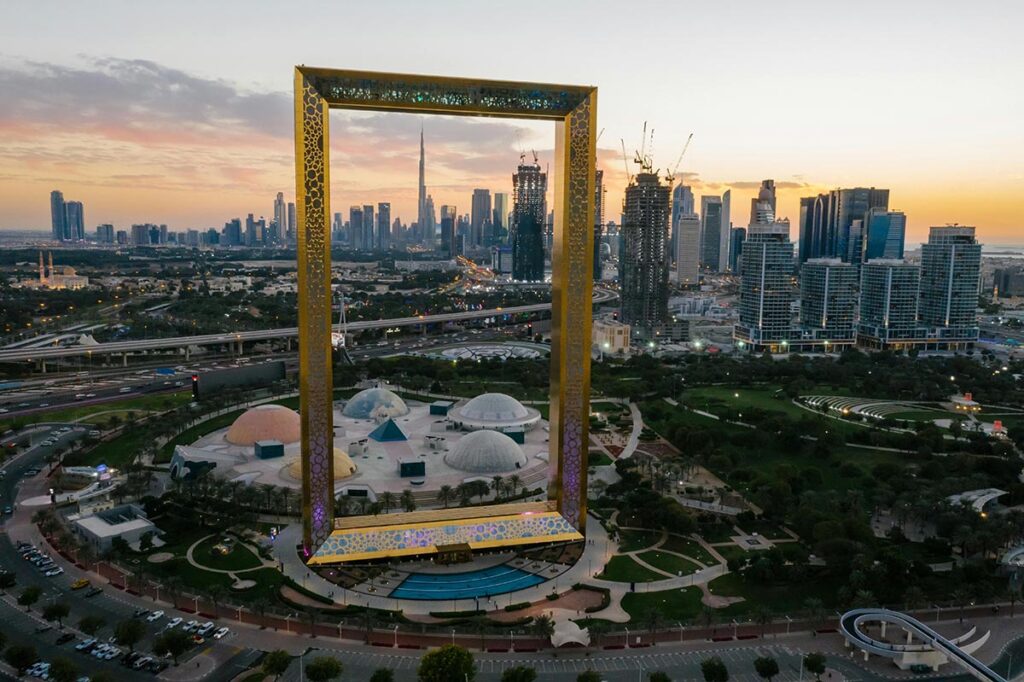
Dubai offers a wide range of Best Areas for Property Investment, each with its unique characteristics and advantages. Downtown Dubai, Dubai Marina, and Jumeirah Lake Towers are among the most sought-after areas, offering a range of residential and commercial properties.
Other popular areas include Business Bay, Jumeirah Village Circle, and Palm Jumeirah, which offer a mix of luxury and affordability. When buying property, look at nearby shops and transport.
Areas with high rental demand are better for investment. Working with a reputable real estate agent can help you find the ideal property in the right location.
5. Financing Options for Your First Investment Property in Dubai
Cash vs Mortgage Financing
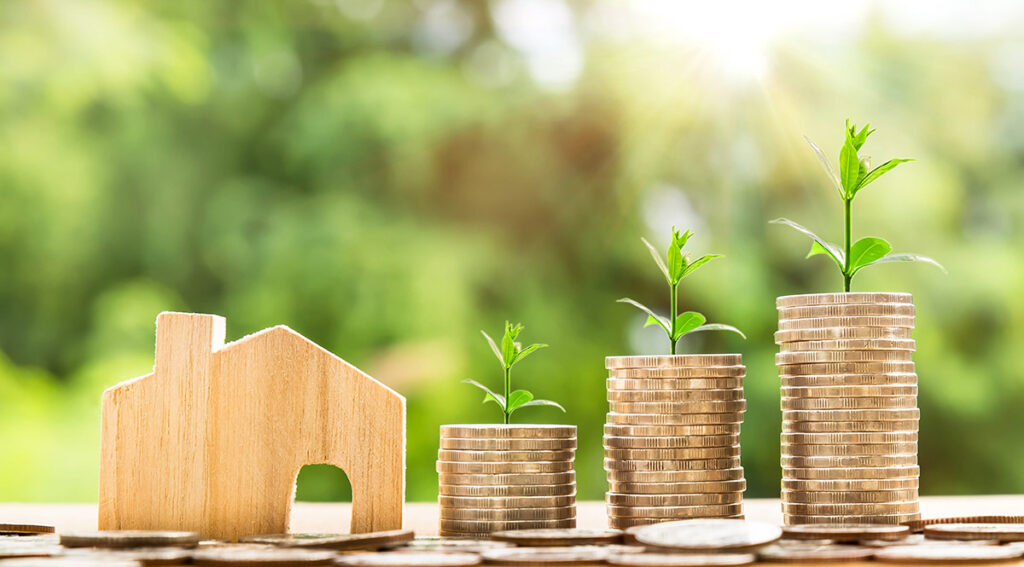
Buying with cash has many benefits. You don’t pay a mortgage every month. The process is easier. Sellers may give better prices to cash buyers. But using a mortgage lets you buy more with less money. You can even buy more than one property.
Many loan options are available. Always check the interest rates and loan terms. Rates in Dubai can be low or high. So, good research is very important.
Additionally, consider the purchase price when deciding between cash and mortgage financing, as it impacts the overall investment and potential additional expenses like maintenance fees and service charges.
Down Payment Rules for Expats
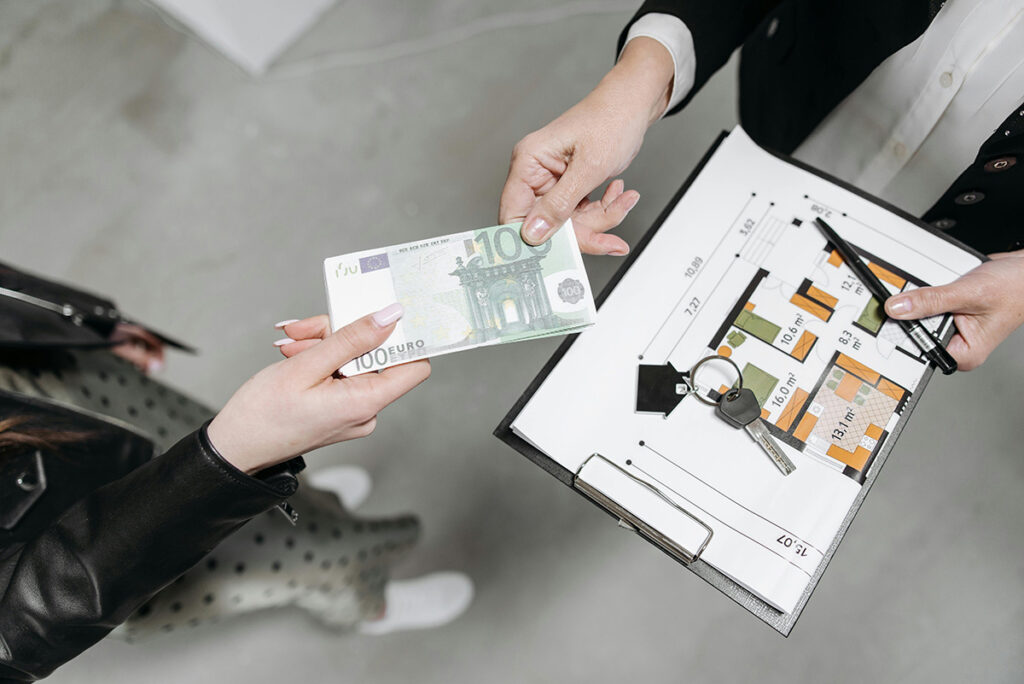
Expats need to pay a down payment to buy property in Dubai. It is usually 20% to 25% for homes. For investment properties, it can be up to 30%. Banks check your income and credit history. You must show proof of income and residency. This helps speed up the loan process.
Knowing all costs early helps you plan better. Understanding your financial limits is crucial when planning for a down payment, as it ensures you are prepared and can identify properties within your budget. It also avoids surprise payments later.
Banks Offering Mortgages to Foreign Buyers
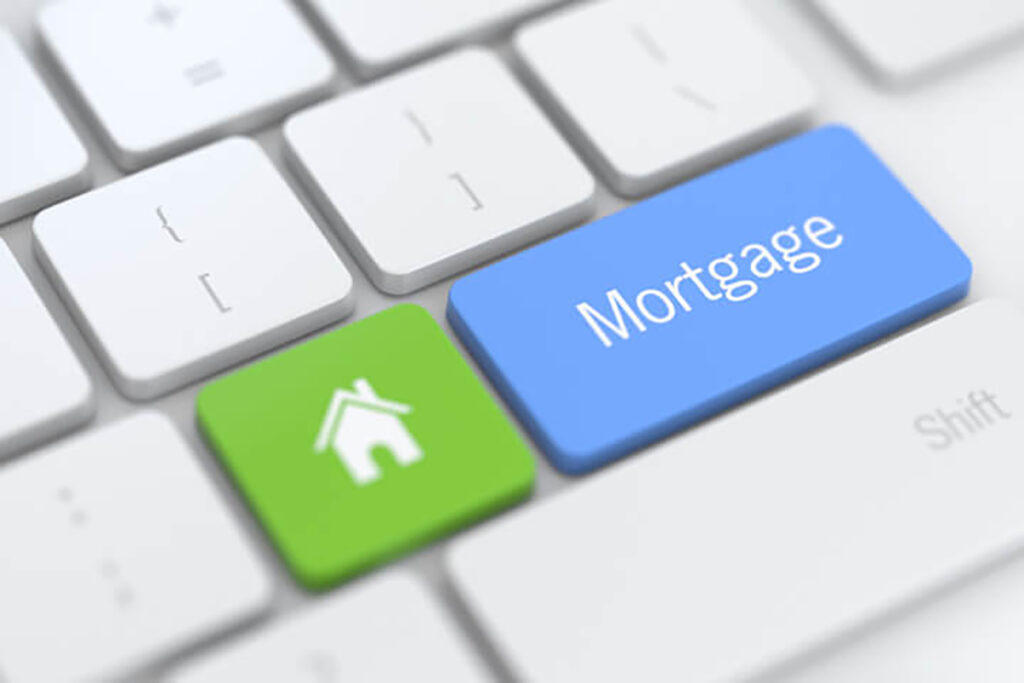
Many banks in Dubai offer mortgages to foreigners. Some popular ones are Dubai Islamic Bank, Emirates NBD, and Abu Dhabi Commercial Bank. They have different loan types for expats. Terms, rates, and rules can change from bank to bank. Some may ask for a certain salary or property type.
Others may check how long you have lived in Dubai. It’s best to talk to banks directly. This helps you find the best deal and avoid surprises. Additionally, it is crucial to secure financing by understanding your budget and checking with local banks for favorable rates and conditions.
6. Work with a Dubai Trusted Real Estate Agent for Buying Your First Property
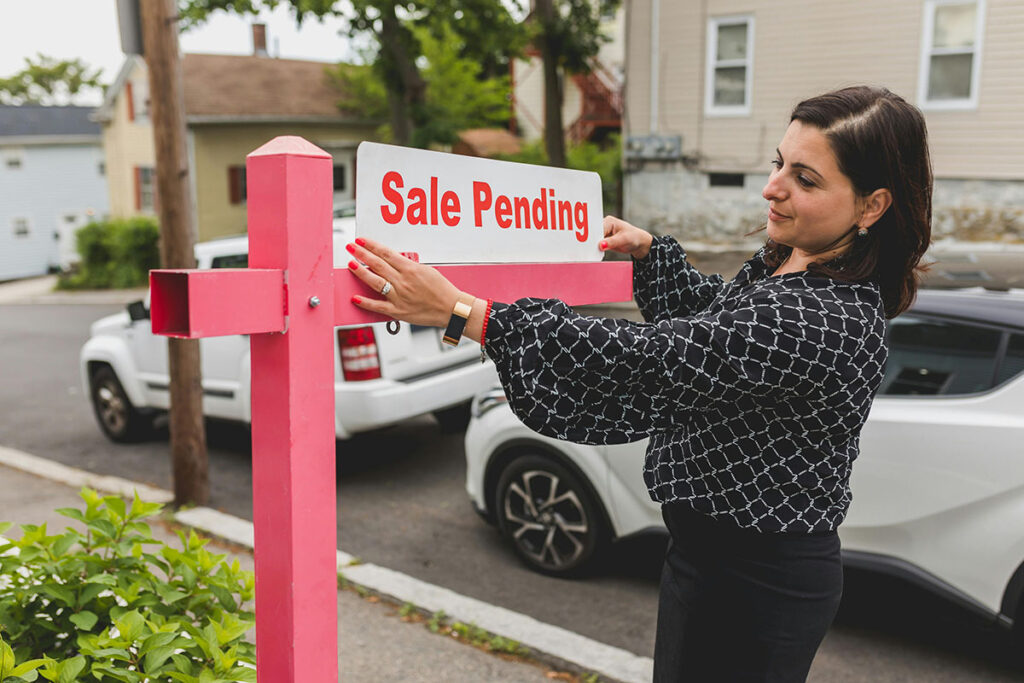
Buying property in Dubai can be hard, especially for first-time buyers. Working with qualified real estate agents can help a lot. The real estate agents know the market and understand the best areas. They can find the right property for your goals. They also help with price talks and legal steps.
Pick an agent (like V homes) with experience and a good name. Read reviews and ask others. Make sure they answer your questions clearly. A trusted agent saves you time and helps you make smart choices.
7. Step-by-Step Process to Buy First Property in Dubai
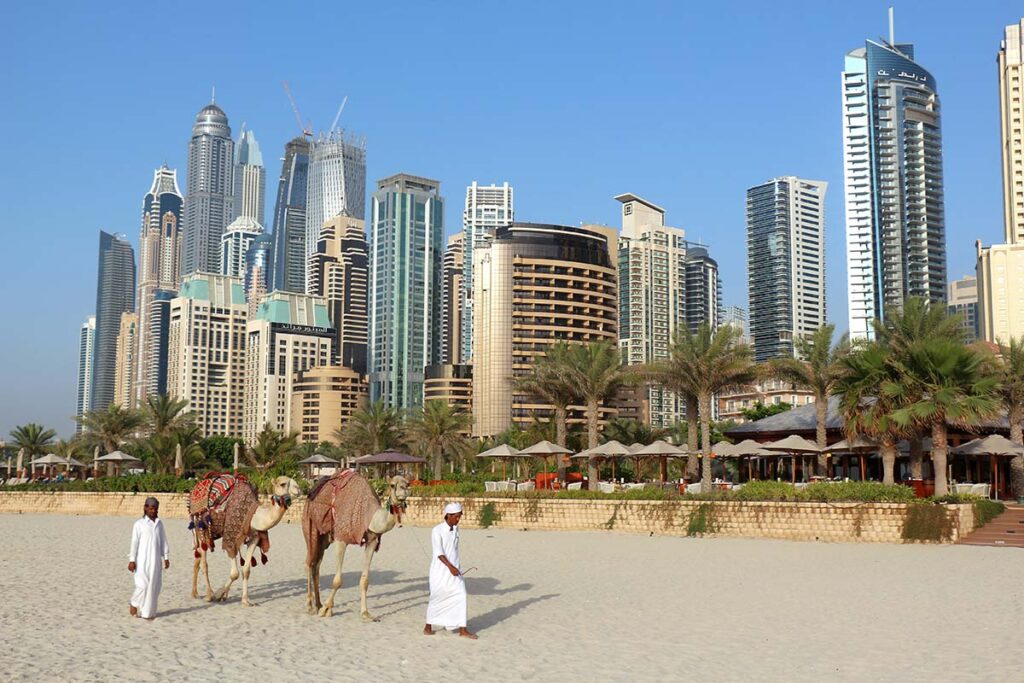
Understanding the purchasing investment property process in Dubai is crucial for a successful investment and seamless experience. First, decide if it’s for rental, personal use, or resale. Research neighborhoods like Dubai Marina and Downtown Dubai.
A thorough property search is essential to establish a budget and understand market dynamics before starting the search process. Choose cash or mortgage, and get pre-approved for a mortgage. Pick a trusted real estate agent. Visit properties to find the right one.
Make an offer and negotiate. Sign the Sales and Purchase Agreement (SPA) and pay the 4% transfer fee. Finally, transfer ownership and register the property. Following these steps makes property purchase easy.
8. Total Costs of Buying Your First Rental Property in Dubai
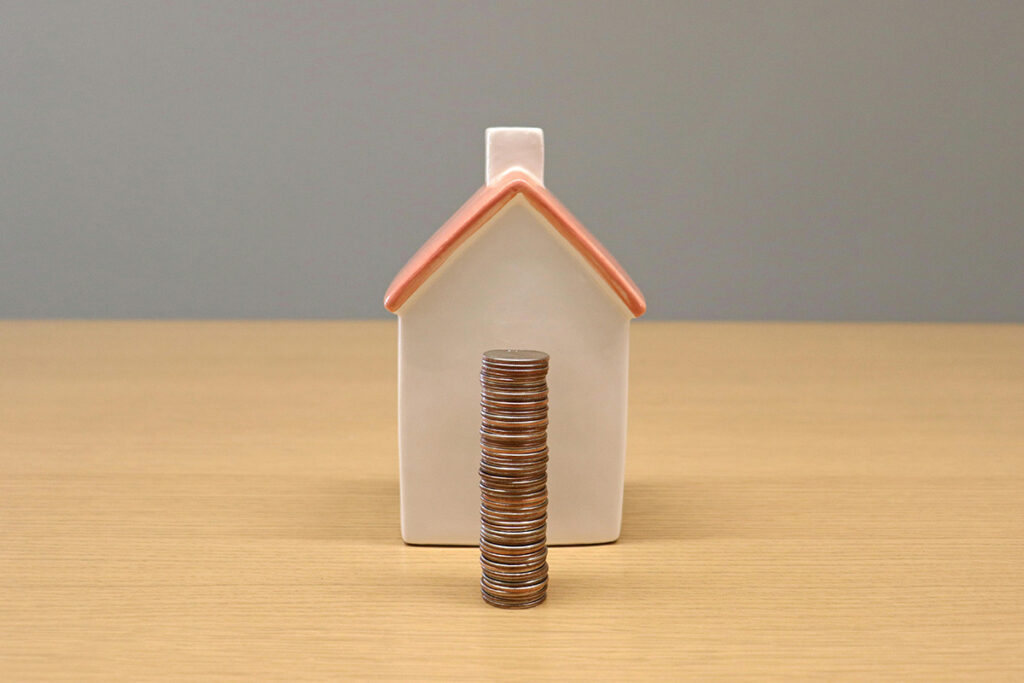
When buying a rental property in Dubai, there are several costs. These include the property price, transfer fee (4% of the price), admin fee (around AED 580), registration fee (about AED 2,100), and agency fee (about 2% of the price).
For example, if the property costs AED 850,000, the total costs would be around AED 903,680. It’s important to know these costs so you can plan your budget and invest wisely.
Additionally, consider the ‘additional costs’ such as ongoing maintenance and property management fees to ensure you are well-prepared for the total financial commitment involved in your investment.
9. Mistakes to Avoid as a First-Time Property Buyer in Dubai
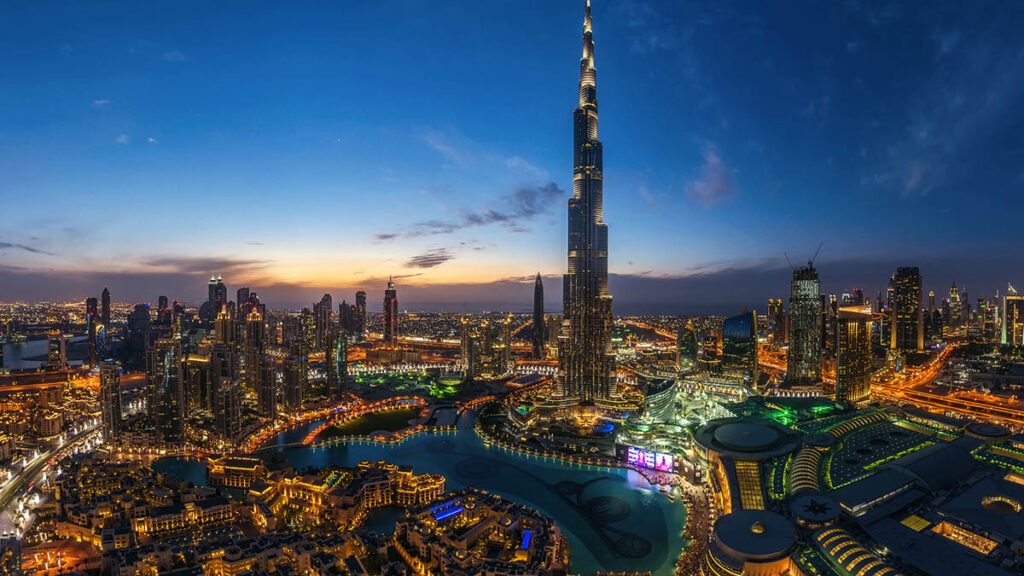
Buying property in Dubai can be exciting, but first-time buyers often make mistakes. Property owners should be aware of ongoing costs such as maintenance fees. Common errors include ignoring extra costs, not researching the developer, and overlooking location.
Investing in retail units located in busy districts can provide stable, long-term rental income. It’s important to get professional help and take time to make decisions. Always consider future market trends and read contracts carefully to avoid surprises.
Understanding key factors such as market dynamics, location, legal regulations, and financial aspects is crucial when buying property.
Additionally, staying informed about current market trends, including property appreciation rates, rental yields, and demand in different areas, can significantly influence your decisions and potential returns on investment.
See Also= Best Neighborhoods in Dubai
How to Buy Your First Investment Property In Dubai: A Recap
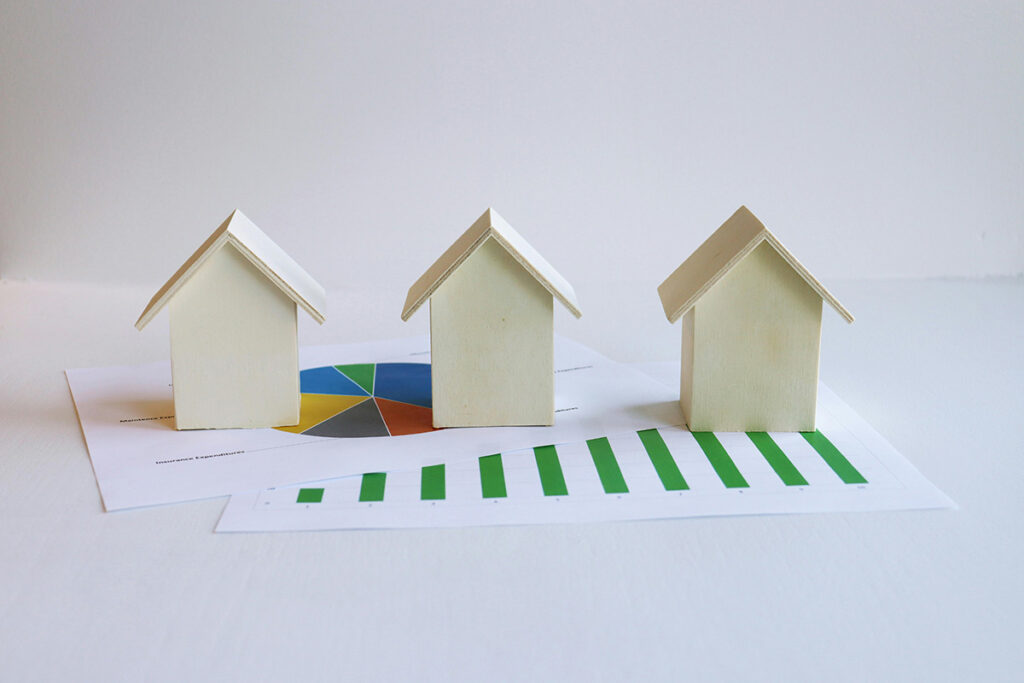
Buying your first investment property in Dubai can be a great opportunity. Start by researching the market and choosing the right property type. Understand the costs involved, including down payments, fees, and financing options.
Work with a trusted real estate agent to guide you through the process. Take your time to make informed decisions and avoid common mistakes. Understanding a property’s value and potential is crucial for making a wise investment.
With careful planning, you can make a successful investment in Dubai’s real estate market, which offers significant investment potential due to its dynamic nature and diverse property options.
FAQ
What are the key documents needed to buy property in Dubai?
To rent out property in Dubai, you need some legal papers. It is crucial to understand the local legal framework to ensure compliance with all regulations. If you want to manage it yourself, you may need a residency visa. Some areas also need a No Objection Certificate (NOC) from the developer.
You must register the property with the Dubai Land Department. You also need to pay fees and get a title deed. Follow all local rules to avoid problems. Having the right papers makes the process easier.
Is short-term or long-term renting better for first-time investors?
In Dubai, you can choose long-term or short-term rentals. Off-plan properties are a popular choice for investors due to their affordability and potential for value growth. Short-term rentals offer strong rental yields, making them an attractive option for investors.



